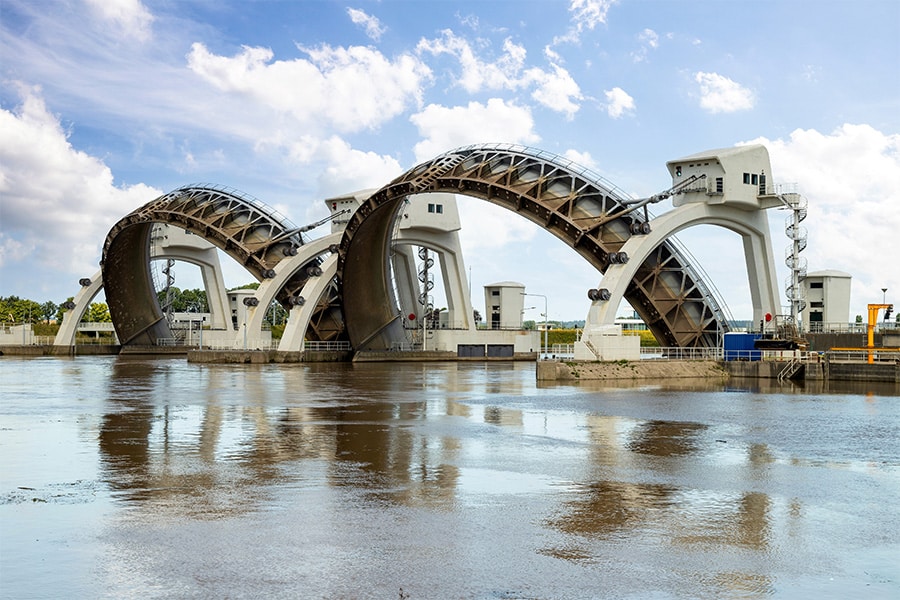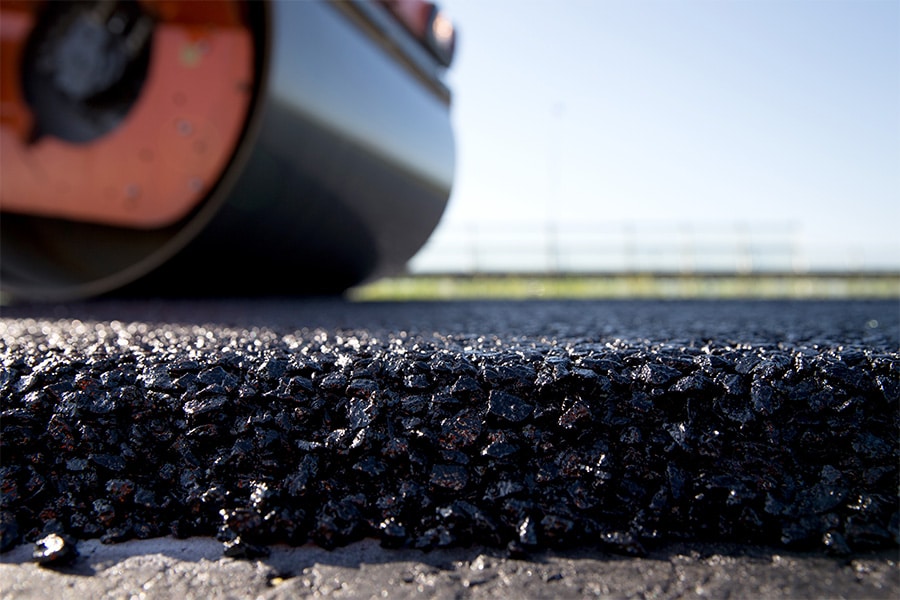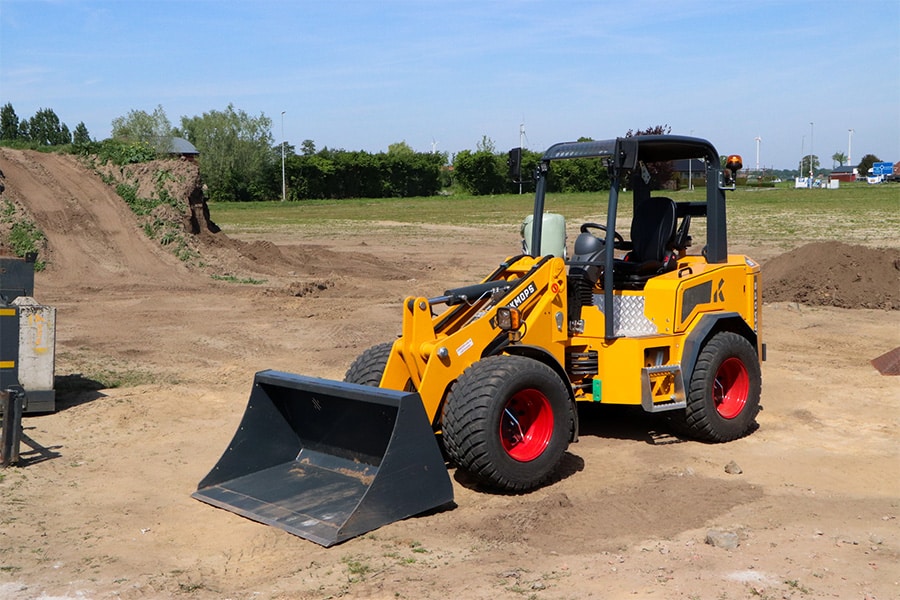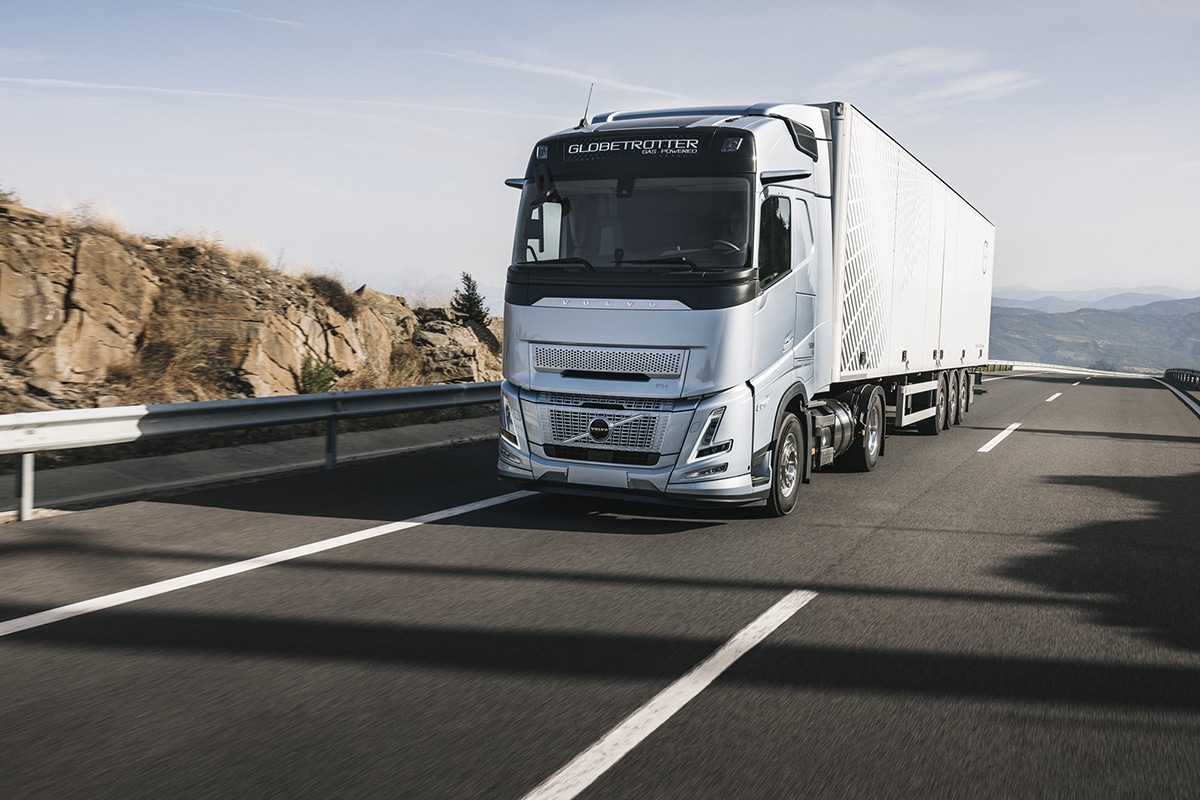
Demerara Greenheart Lumber for the New Lock
Hupkes Houthandel from Dieren is using this exotic type of wood on behalf of contractor combination Sassevaart to manufacture the retaining structure for the New Lock. "This type of wood has FSC certification and is characterized by a high fiber density and the highest strength class, D70. It is therefore ideal for use as a retaining structure," says Stefan Meinhardt, director and co-owner of Hupkes Houthandel.
An extraordinary journey...
A delivery plan has been established for the lumber for the four lock gates. Within this plan, the lumber takes a round-the-world trip. Meinhardt explains: "This wood comes from a sustainably managed forest, the Iwokrama rainforest in Guyana. In Iwokrama, the wood is sawn, then transported 480 km to Georgetown to be loaded into a container. The container is sealed and shipped to Rotterdam, where it arrives 25 days later. After clearing customs, the container is transported to Dieren, where we re-saw the wood to straighten everything. Then comes the planing machine and two longitudinal bevels are planed, on the sight side. Then three lifting holes are drilled in the 250 mm thick and 400 mm wide beams. Then the beams are cut to the correct lengths. The largest length measures 2000 mm and weighs 250 kg. We pack the beams per four pieces and these are loaded back into the container in bundles, which then goes back to Rotterdam. After fumigation* of the container, it is sealed again and the journey to China can begin, to the factory where the steel lock gates will be built. Finally, the wood is mounted there in the correct positions on the lock doors. Together with the lock gates, the wood is then shipped back to the Netherlands. A real trip around the world, in other words."

Tight planning
Hupkes is one of the last sawmills in Northwest Europe specializing in hardwood water construction products. "It's a dying specialty," Meinhardt explains. "With the knowledge of wood that we possess, we ended up with Demerara Groenhart because of its density and strength. Much needed, considering the size ships can sail against it. There is a tight schedule to the deliveries we make. The first container (with wood for one door) left at the end of 2020, the wood for the second door in January 2021, and the rest will follow on schedule."
(*Many companies spray chemical pesticides in containers to prevent the cargo from being affected by mold or pests. This is called 'fumigation' or 'fumigation')



